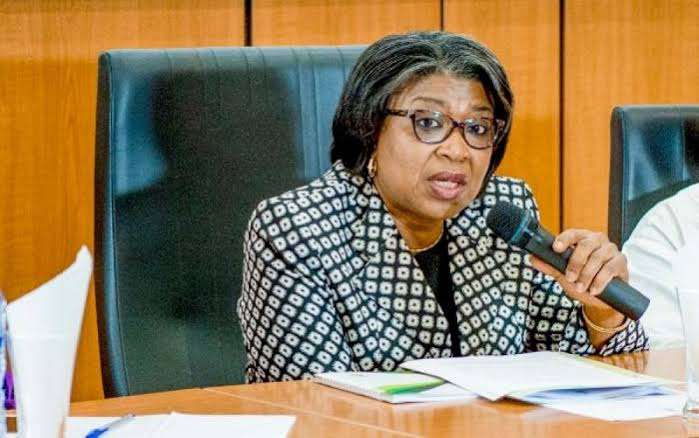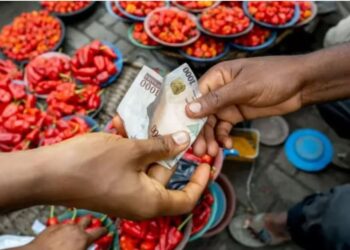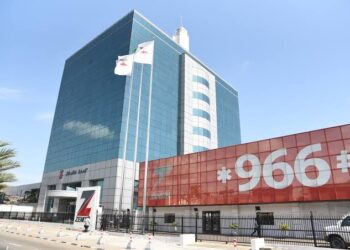The cost of servicing Nigeria’s debt has increased by 55.71 per cent to N1.24tn in three months, available data indicates.
Data obtained from the Debt Management Office, between October and December 2022, shows that Nigeria spent N406.77bn on domestic debt servicing, while it spent $312.27m (N143.74bn) on external debt servicing, giving a total of N550.51bn.
However, between January and March 2023, Nigeria spent N874.13bn on domestic debt servicing, while it spent $801.36m (N368.87bn) on external debt servicing, giving a total of N1.24tn.
The exchange rate of the DMO, which was $1=N460.3 was used for the external debt servicing.
The International Monetary Fund recently said the Federal Government projected to spend 82 per cent of its revenue on interest payments in 2023.
According to the IMF, external debt (including that of the private sector) will rise to $121.6bn, with external reserves climbing to $37.5bn.
It disclosed this in a table of projections in its ‘IMF Executive Board Concludes 2022 Article IV Consultation with Nigeria Summary
The projections showed an improvement in the share of the government’s revenue used as interest payment, with interest payment falling from 96.3 per cent in 2022 to 82 per cent in 2023.
It added that interest payment was 86.1 per cent and 87.8 per cent of the Federal Government’s revenue in 2020 and 2021, respectively.
In a document by the DMO DG recently obtained by Punch, the DMO stated that high debt levels would often lead to high debt services and affect investments in infrastructure.
According to the DMO DG, “High debt levels lead to heavy debt service which reduces resources available for investment in infrastructure and key sectors of the economy.”
In the document, she stressed the need for debt sustainability, which she defined as the ability to service all current and future obligations while maintaining the capacity to finance policy objectives without resorting to unduly large adjustments or exceptional financing such as arrears accumulation and debt restructuring, which could otherwise compromise the economy’s stability.












